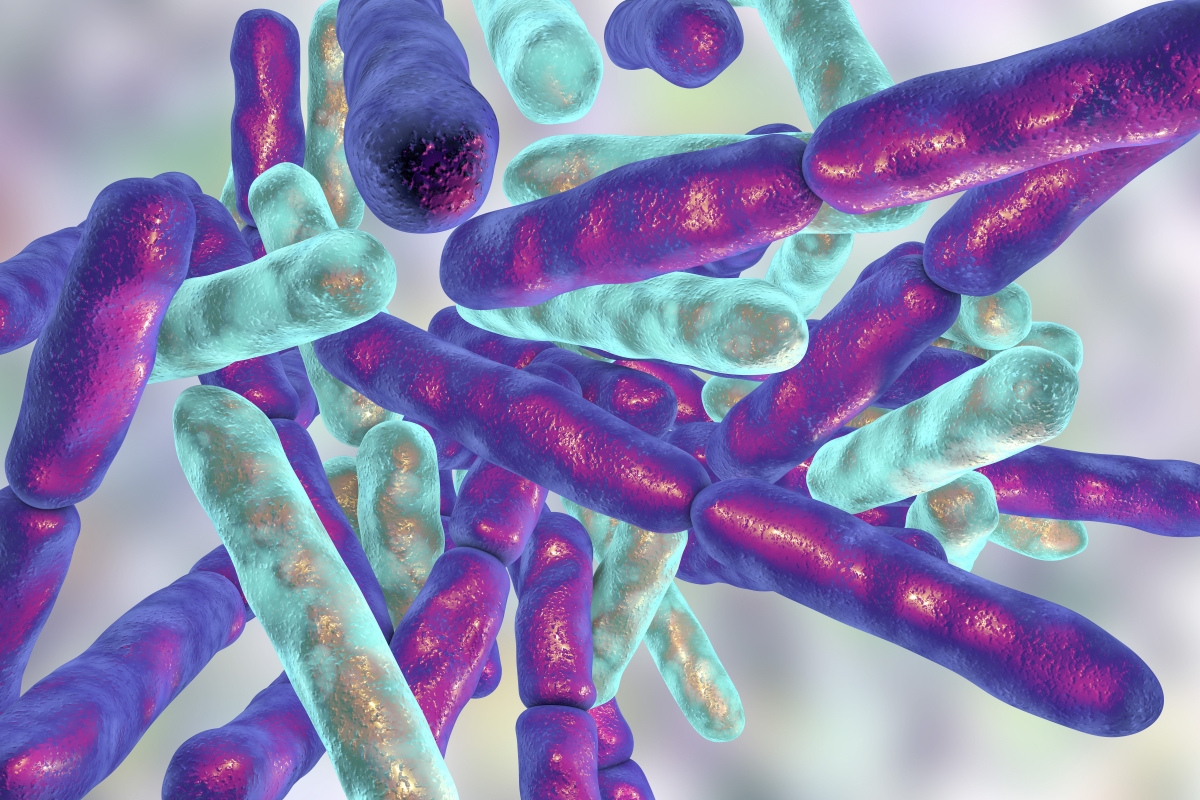Adjunctive probiotic microorganisms to prevent rehospitalization in patients with acute mania: A randomized controlled trial
This 2018 trial explored the potential of probiotic organism consumption in the prevention of psychiatric rehospitalizations among 66 patients recently discharged for mania. The probiotic administered to the patients contained Lactobacillus rhamnosus strain GG and Bifidobacterium animalis subsp. lactis strain Bb12. The subjects were randomly assigned to either receive the dose of probiotics or treatment with a placebo. Over the course of 24 weeks, 24 of the 33 individuals in the placebo group, and 8 of the 33 probiotic group participants, were readmitted to hospital. The probiotic administration was not only associated with a lower rehospitalization rate but also resulted in fewer days spent in the hospital by those readmitted (mean 8.3 vs 2.8 days for placebo and probiotic treatment). Results also demonstrated that probiotic treatment was more effective in individuals with higher levels of systemic inflammation at baseline. In conclusion, Dickerson et al. uncovered the lowering impact of probiotics on the rate of hospitalization among patients who have been recently discharged for mania. [NPID: probiotics, gut-brain axis, gut microbiota, gut bacteria, microbiota, gut microbiome, affect, cognition, depression, mania]
Year: 2018
 Navigation
Navigation






